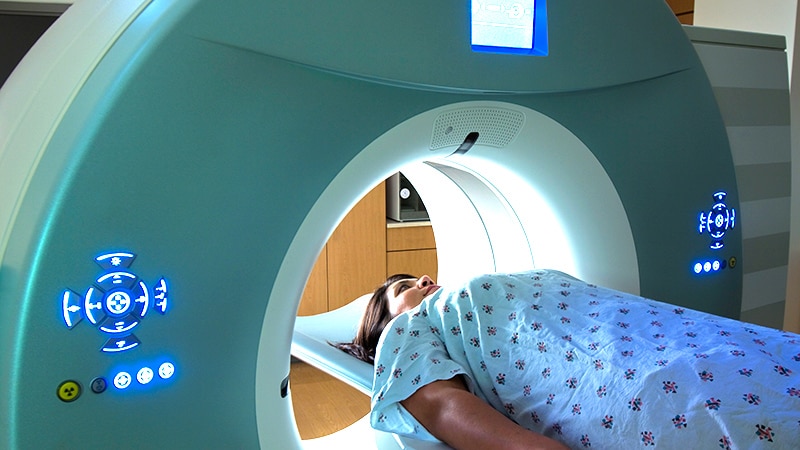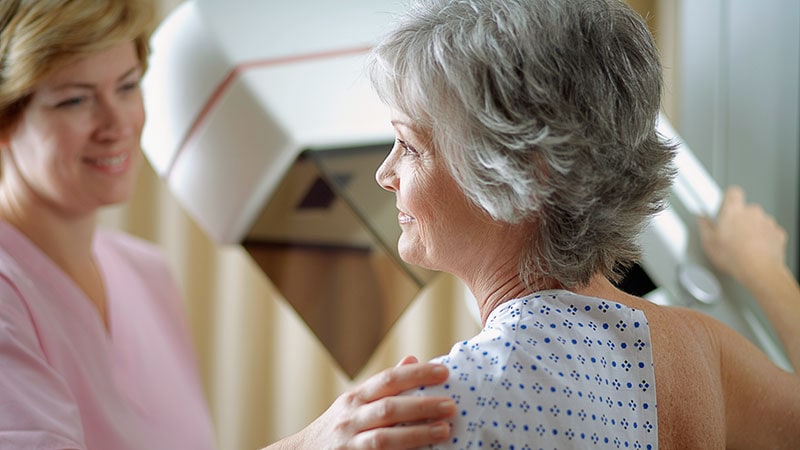Takeaway
- Preeclampsia is associated with a decreased risk of breast cancer (BCa) at premenopausal ages and of HER2-enriched BCa.
- A history of hyperemesis was not associated with increased BCa risk but was positively associated with increased risk of the HER2- enriched serotype.
Why this matters
- Previous studies have suggested that preeclampsia may be associated with a decreased risk of subsequent BCa and that hyperemesis confers an increased risk, but the evidence remains unclear.
Key results
- Over an average follow-up period of 7.5 yrs, 1969 of 82,053 parous women were diagnosed with invasive or in-situ BCa.
- Women who had experienced preeclampsia in the previous 20 yrs had a significantly decreased risk of premenopausal BCa (hazard ratio [HR] 0.67; 95% CI 0.49-0.90) and of HER2-enriched tumours (HR 0.33; 95% CI 0.12-0.91).
- No association between preeclampsia with overall BCa risk (HR=0.90, 95% CI: 0.80-1.02) or risk for postmenopausal BCa (HR 0.97; 95% CI 0.85-1.12).
- A history of hyperemesis was not associated with overall BCa risk (HR 1.03; 95% CI 0.94-1.14) but the risk of HER2-enriched BCa was significantly raised in women who had experienced hyperemesis (HR 1.76; 95% CI 1.07-2.87).
Study design
- Prospective cohort study (Generations Study) involving more than 113,700 women from the UK aged ≥16 yrs.
- Funding: Breast Cancer Now and the institute of cancer research.
Limitations
- Prevalence of self-reported preeclampsia in this cohort (14.8%) is higher than in clinical surveys of prevalence of the condition (2-8%).
- Prevalence of hyperemesis is significantly higher (28.7%) than that reported in clinical surveys (0.3-3%).
References
References



